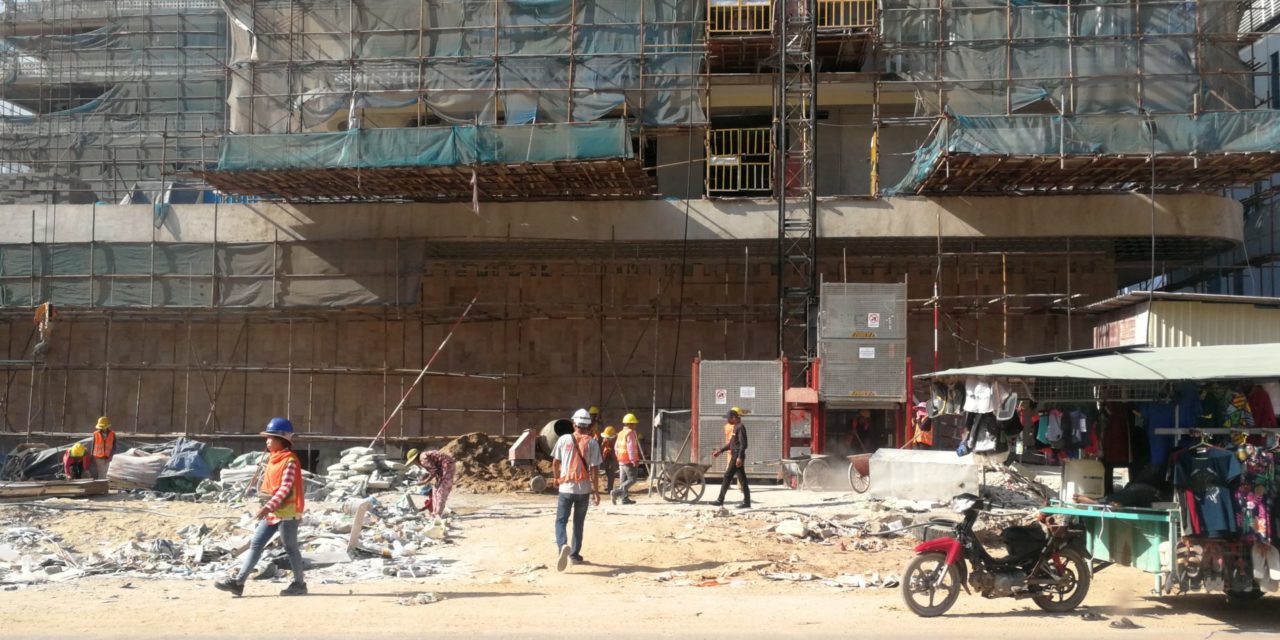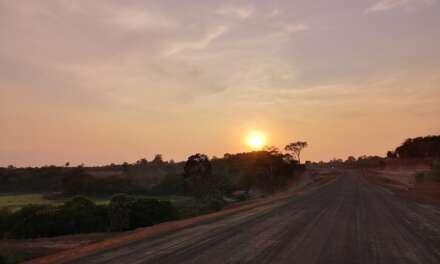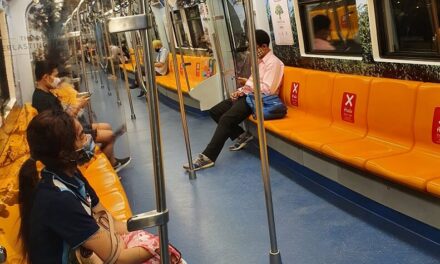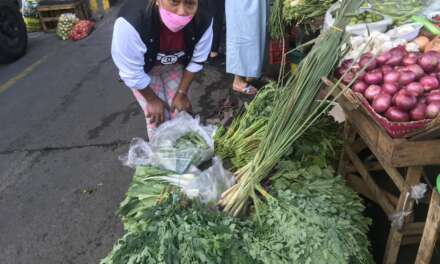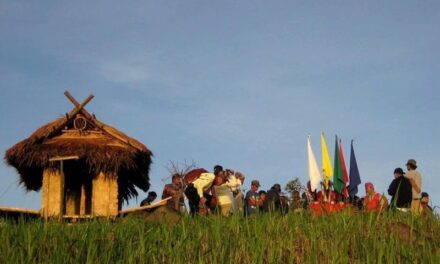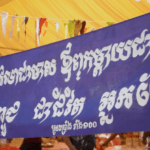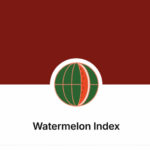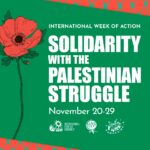14 April 2020
Thailand has more than three million migrant workers, mostly from the neighbouring countries of Myanmar, Cambodia and Laos. These workers are engaged in labour-intensive sectors such as agriculture, fisheries, food processing, textile, construction, domestic work retail and tourism. Despite their contribution to the Thai economy, these migrant workers and their families encounter substandard wages and working conditions, forced labour, violence and live in abysmal housing.
On March 22, Bangkok, the capital city, was put under a partial lockdown to stop the spread of the corona virus. This suddenly left migrants working in shopping malls, hotels, restaurants, and entertainment centres unemployed with unclear relief measures from neither employers nor the government. The vulnerability of migrants escalated further when businesses shut down as a consequence of the nationwide state of emergency declared on March 26 which was then extended to an indefinite nationwide curfew from April 3 from 2200hrs to 0400hrs. Faced with lack of jobs, income support and relief measures, the International Organisation for Migration (IOM) estimates that this resulted in more than 80,000 migrant workers making an attempt to return back home to Cambodia, Laos and Myanmar But the abrupt closure of land borders left thousands of these migrants stranded. Reports indicate that these workers are waiting for return back to their countries once borders reopen.
The Migrant Working Group (MWG) reports that migrant workers either face reduced working hours or termination without payment. For instance, construction workers and workers in the tourism sector saw their jobs being terminated without any compensation package. Moreover, foreign migrant workers are unable to access the relief measures announced by the Thai government. For instance, they are not eligible for the THB 5,000 per month for three months because the relief measure is reserved only for Thai citizens.
The mismanagement of the COVID-19 pandemic in Thailand has resulted in an exacerbation of the already vulnerable situation of migrant workers. Responding to this dire situation, civil society organisations (CSOs) working on migrant issues have stepped up to address the situation. They have approached the Government to clarify how migrants can access relief measures. CSOs are also translating key messages related to healthcare, situation updates and government announcements to share with migrants in their languages as much as possible. There are also fundraising initiatives to help migrants who need emergency assistance such as food, housing and medicine.
Sources:
https://mwgthailand.org/en/press/1585236462
https://www.bangkokpost.com/thailand/general/1884615
https://www.rfa.org/english/news/cambodia/migrants-thailand-03252020205717.html
================================================================
* Supatsak Pobsuk is a Programme Officer with Focus on the Global South and based in Bangkok

